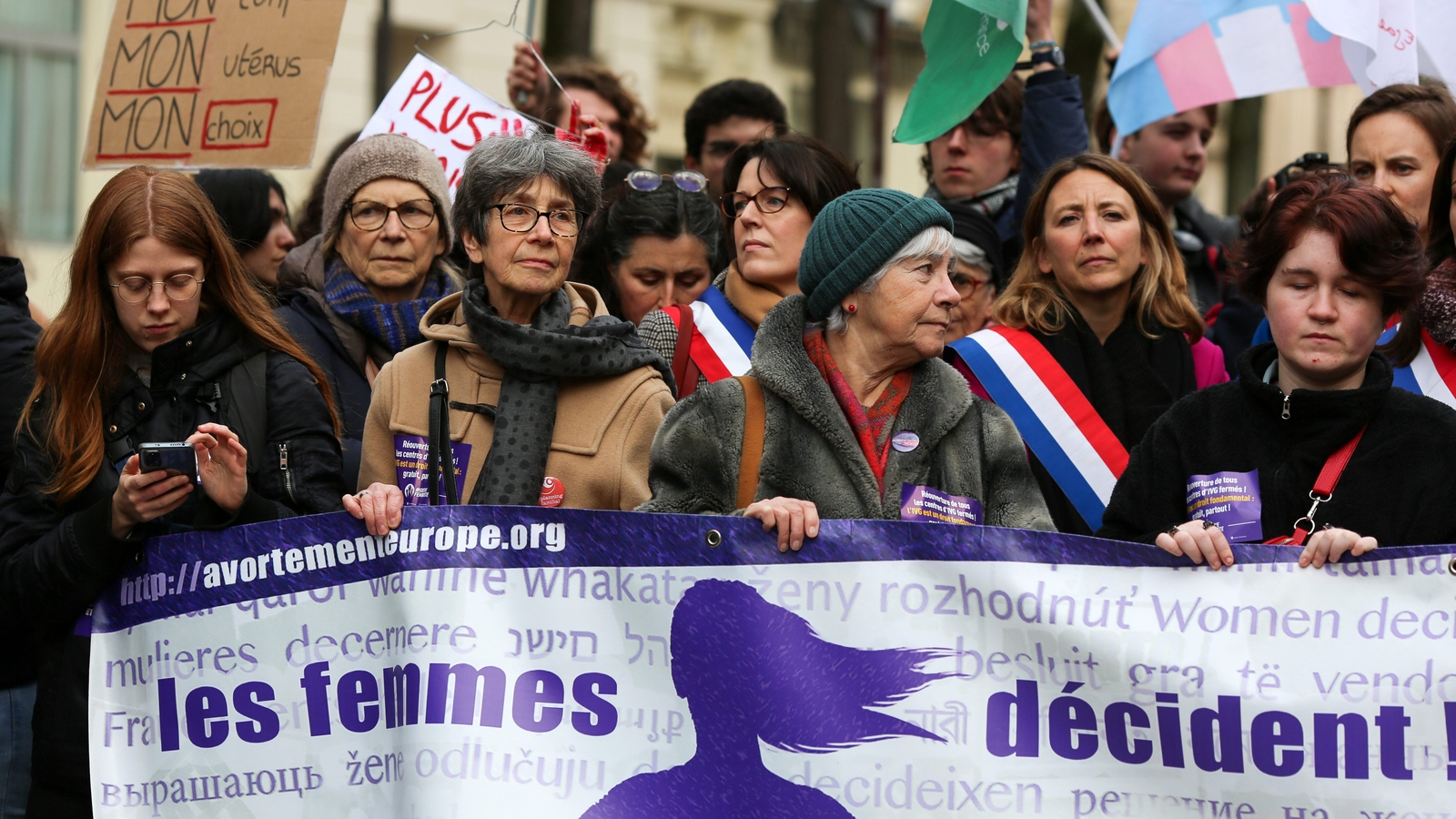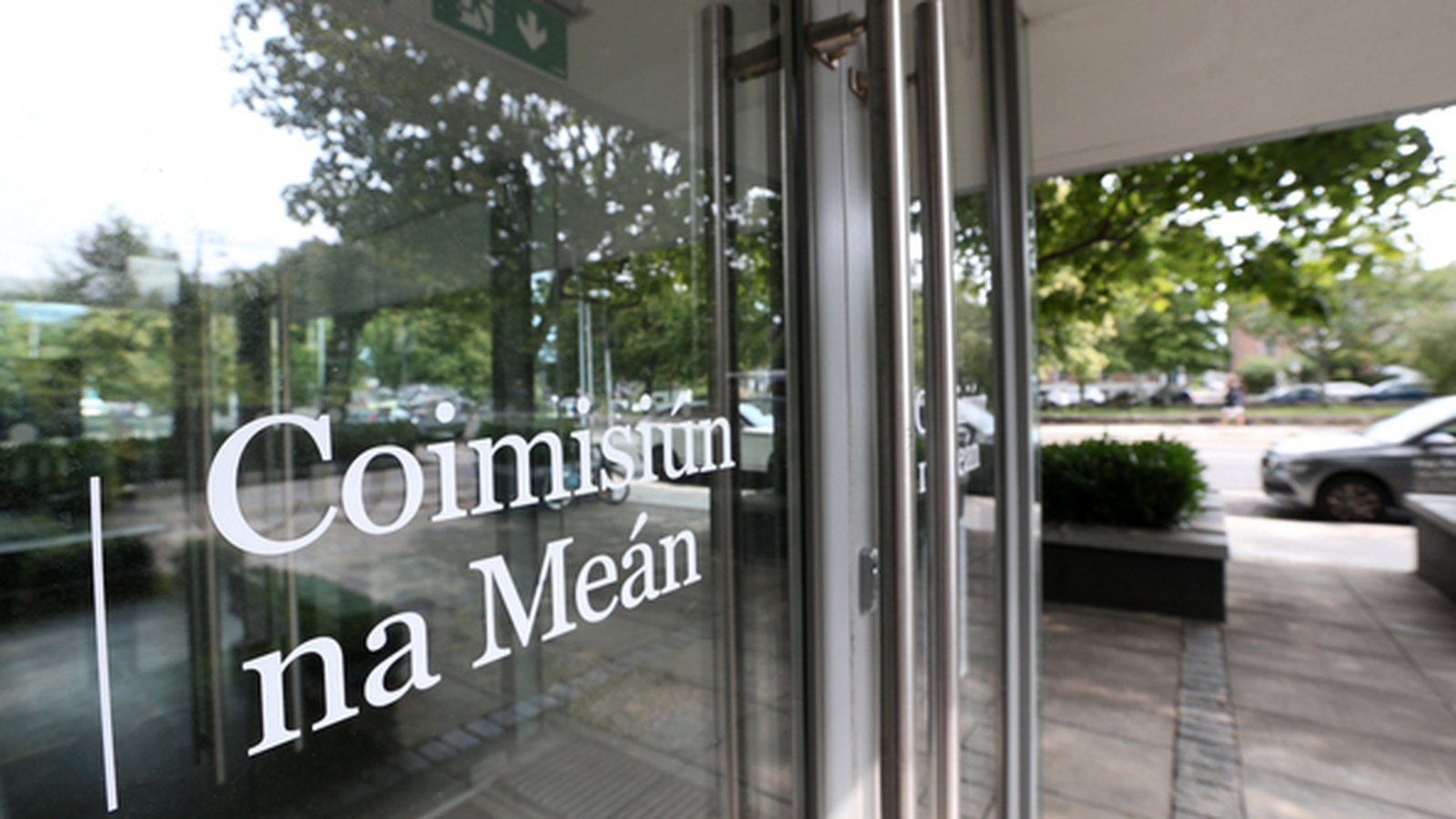Majority want end to behavioural profiling on social media


77% of Irish people say they want social media companies to stop using behavioural profiling by default to determine the content they see according to a new YouGov poll.
The poll, which was commissioned by the Non-Governmental Organisation (NGO) People v Big Tech, also showed that 66% of the Irish residents polled believe social media platforms are not doing enough to prevent harmful content being shown to users.
The poll of 4,182 adults in France, Germany and Ireland found that the majority in all three countries wanted the practice of behavioural profiling by default by social media companies to end and recommender systems based of the profiling to be turned off.
Recommender systems are algorithms that determine what users see based on personal data that is tracked through behavioural profiling.
Behavourial profiling refers to the practice of tracking and analysing users’ online activities, such as the content they view, the links they click, and the interactions they have with various platforms.
The data collected through behavioural profiling is then used to tailor the content shown to users, including advertisements, news articles, and recommended posts, to maximise user engagement and retention.
The poll asked respondents how comfortable they were with the use of behavioural profiling by social media companies.
59% of Irish respondents said they weren’t comfortable with it being used to determine what content they were being presented with in their social media feeds.
The poll also asked whether respondents would prefer to have control over their social media feeds, allowing them to determine what content they see themselves.
61% of respondents across the three countries agreed that they would prefer to see this approach implemented more widely, with 77% of Irish respondents agreeing with the question.
There were 1,002 Irish respondents included in the polling.
Behavioural profiling is controversial because it poses challenges related to privacy, data protection, and the integrity of online discourse.
There are also concerns related to some users being shown disinformation, misinformation and extremist content and about the type of content that is recommended to younger users.
READ: 13 on TikTok: Self-harm and suicide content shown shocks experts
“With the [European] election three weeks away and investigations showing disinformation and election hate speech proliferating across Europe, poll respondents clearly want platforms that are safe by default,” Tanya O’Carroll, founder of People v Big Tech said.
“The good news is that [EU] Commissioner [Thierry] Breton and EU leadership can still make it happen, and act to safeguard the election from algorithmic malfeasance,” Ms O’Carroll added.
People vs Big Tech is an NGO comprising civil society organisations and concerned citizens collaborating to address the influence and potential abuses of major technology and social media companies.
The poll also found that 54% of the EU residents polled believe social media platforms are not doing enough to prevent harmful content being shown to users.
“The poll reflects an EU citizenry deeply concerned about the corrosive effects of social media, and uncomfortable with the ways algorithms target them to keep their attention,” said Clara Maguire, Executive Director of The Citizens, a not-for-profit journalism organisation with a focus on democracy, data rights and disinformation.
Digital Services Act
Under the Digital Services Act, which was passed in 2023 and went fully into effect in 2024, the EU has wide-ranging authority to address algorithmic risks on social media.
The EU has already launched an investigation into potential foreign interference with elections on Meta’s platforms and campaigners are calling on Commissioner Breton to go further — turning off behavioural profiling in recommender systems by default, and to also introduce other measures to reduce the amplification of harmful content the week before and after the 6 June election.
“An investigation is warranted and welcome, but we need action – now,” Dr Ritumbra Manuvie, Executive Director of The London Story said.
“The message we’re taking to the Commission today — and the clear message EU residents sent in the poll, is fix our [social media] feed before it’s too late,” Dr Manuvie added.
The London Story is a human rights defense organisation focusing on human rights violations and abuses.
Ireland cannot unilaterally act to require tech companies to remove behavioural profiling by default.
The Digital Services Act requires full harmonisation and uniform application across all EU member states.
According to the EU Commission this means that Ireland is “precluded from adopting or maintaining national rules in the fields regulated by the Digital Services Act.”
“Ireland is home to big tech companies. That gives it a uniquely important role in protecting people’s rights. It is time the Irish government showed some leadership in Europe to make our digital spaces safe and healthy,” Ms O’Carroll of People v Big Tech said.





